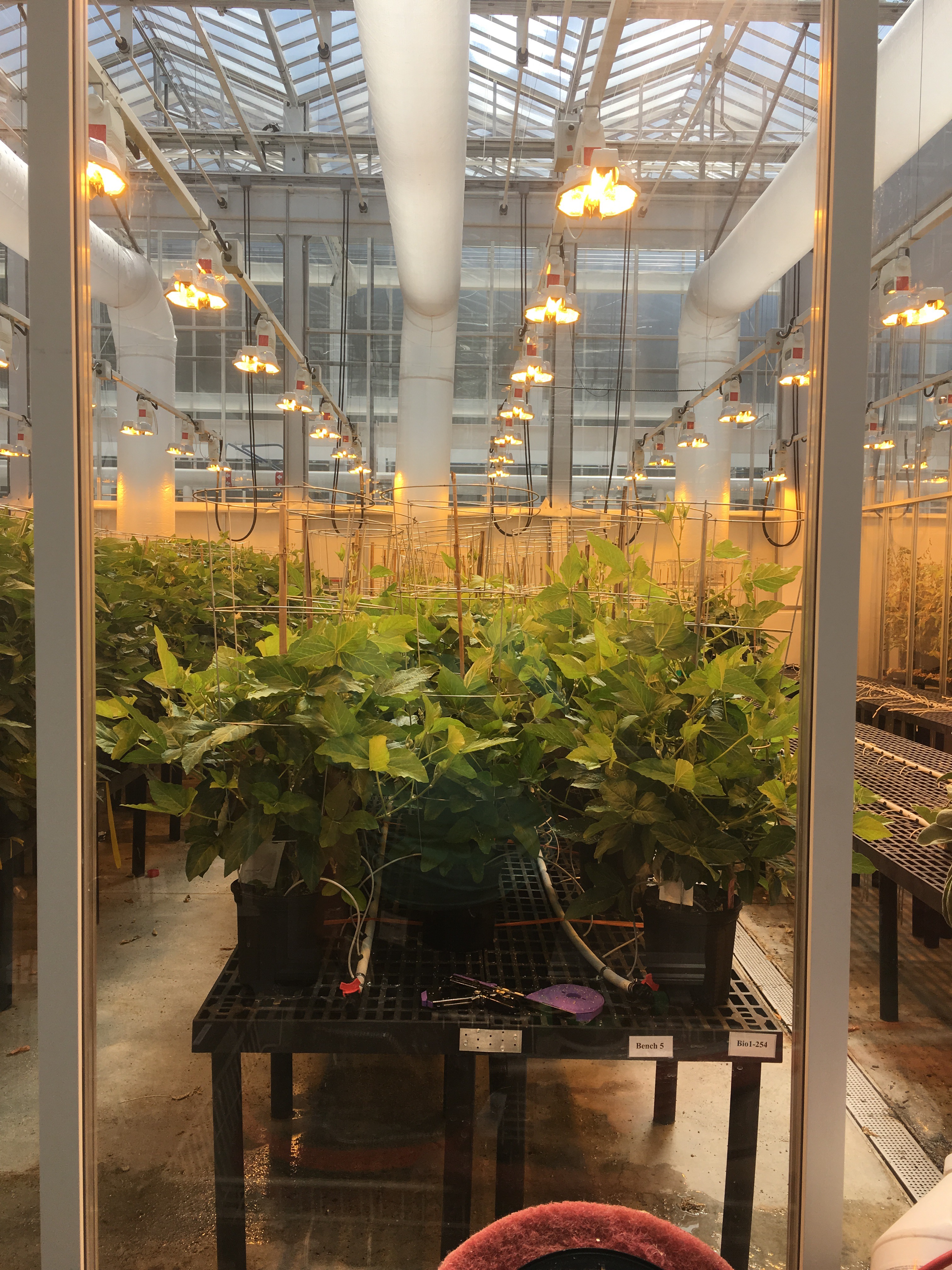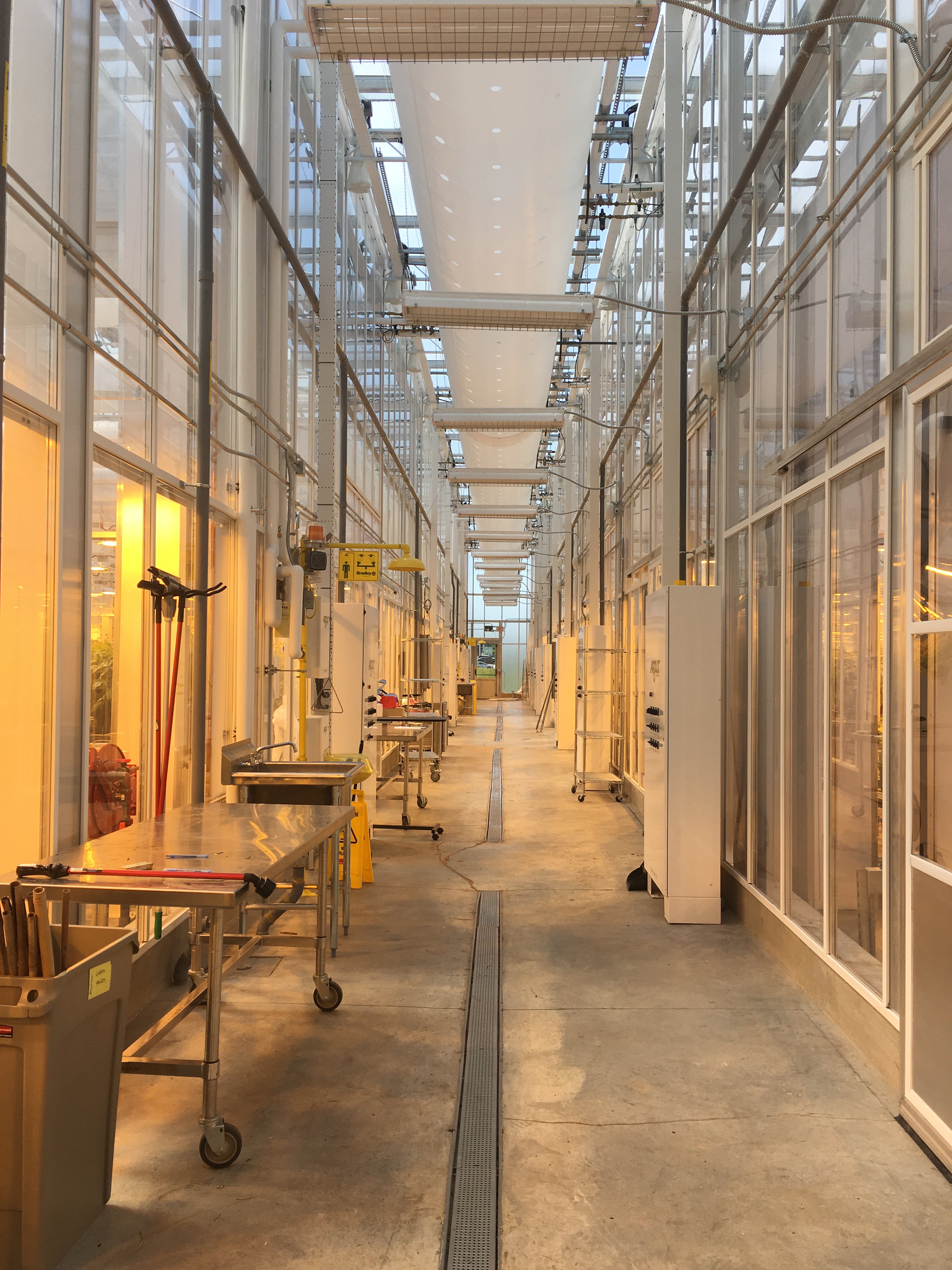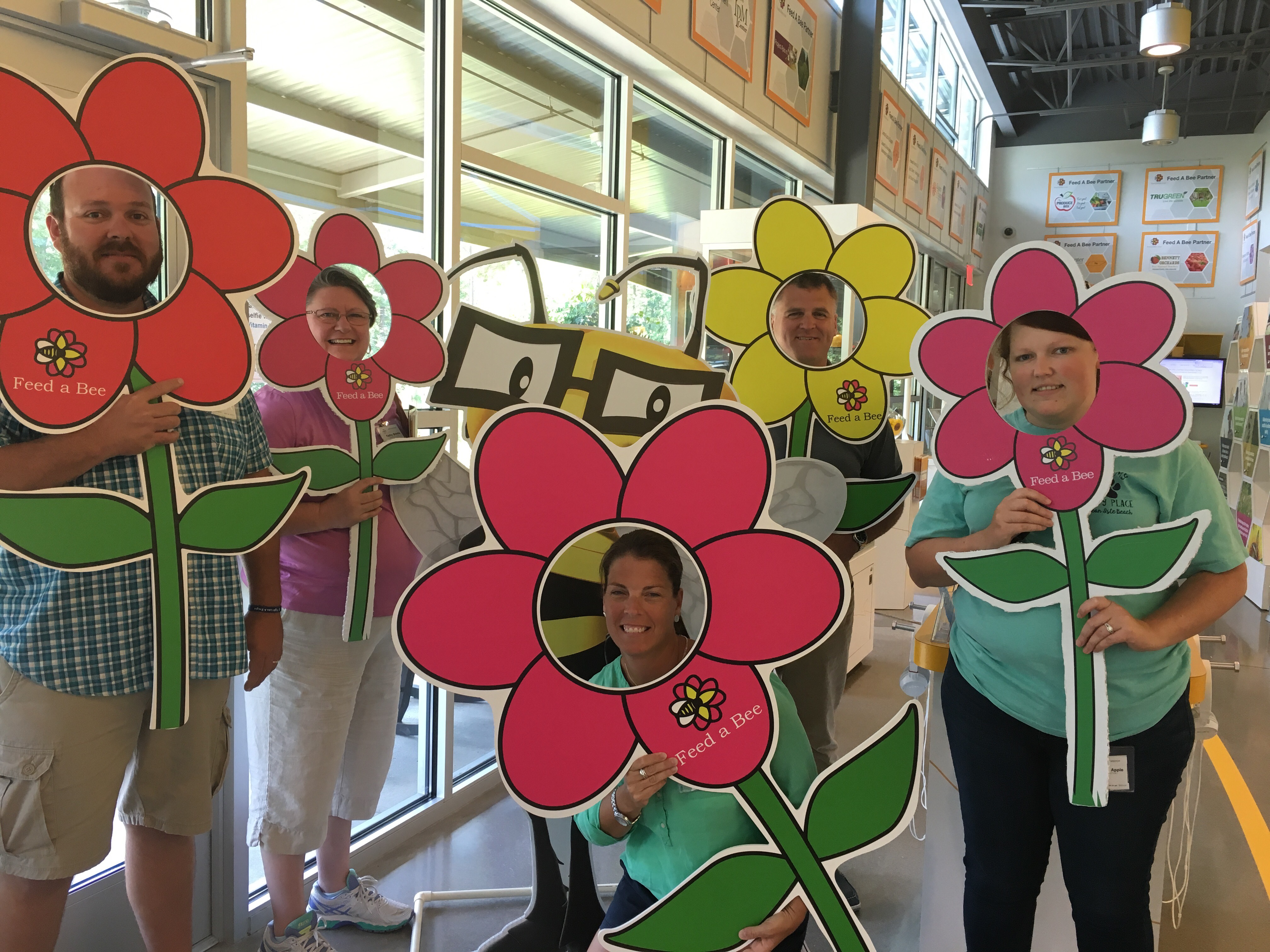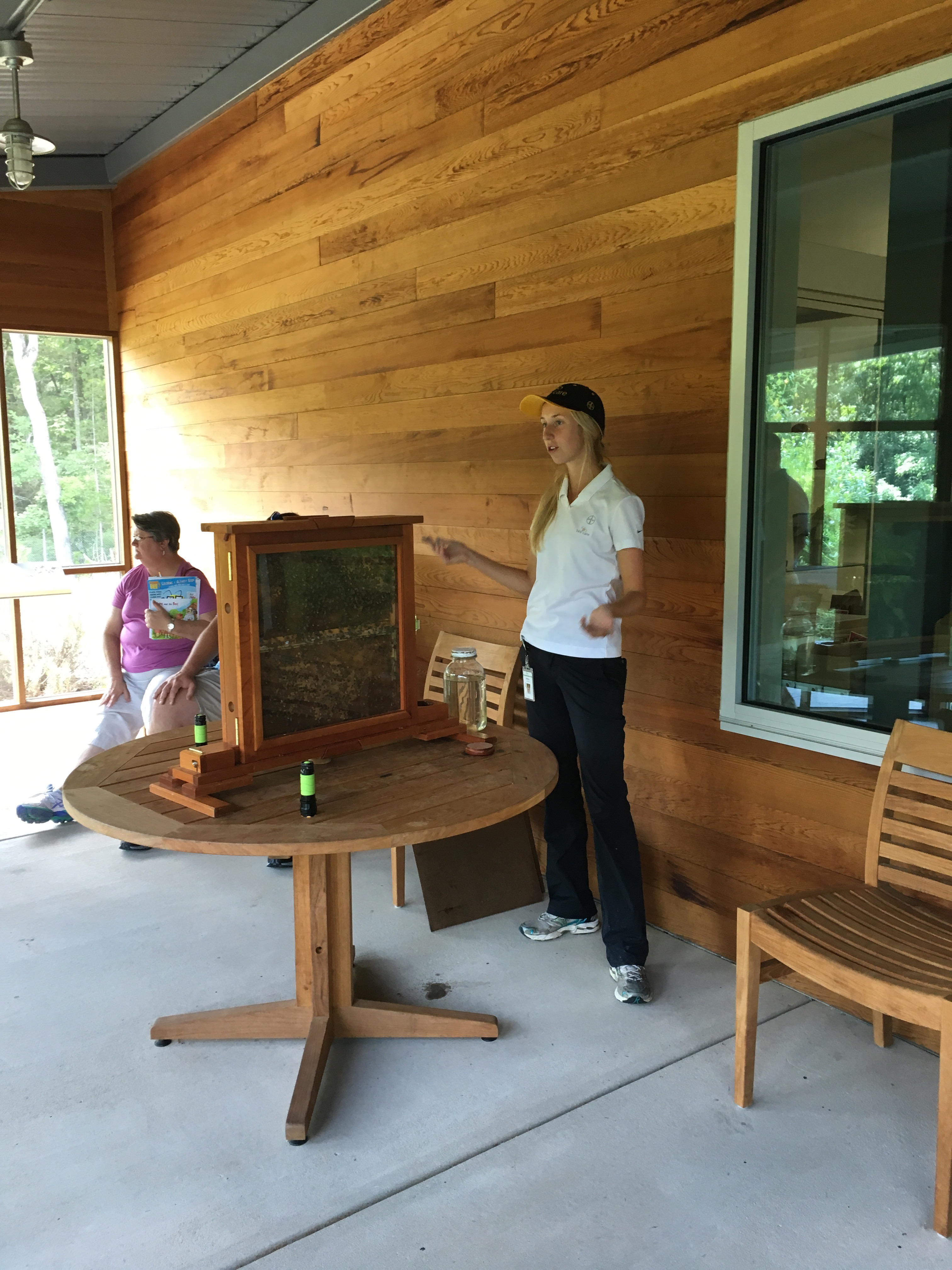Last week we visited multiple farms, we saw 4 different beef cattle options. All of these were tailored to what the farmer wanted and what worked best for them. Randleman farm which I previously mentioned was the first one and they raise their beef to sell from their farm and to other local retail places. They also now are selling some to first hand foods and on occasion will just sell a cow at market.
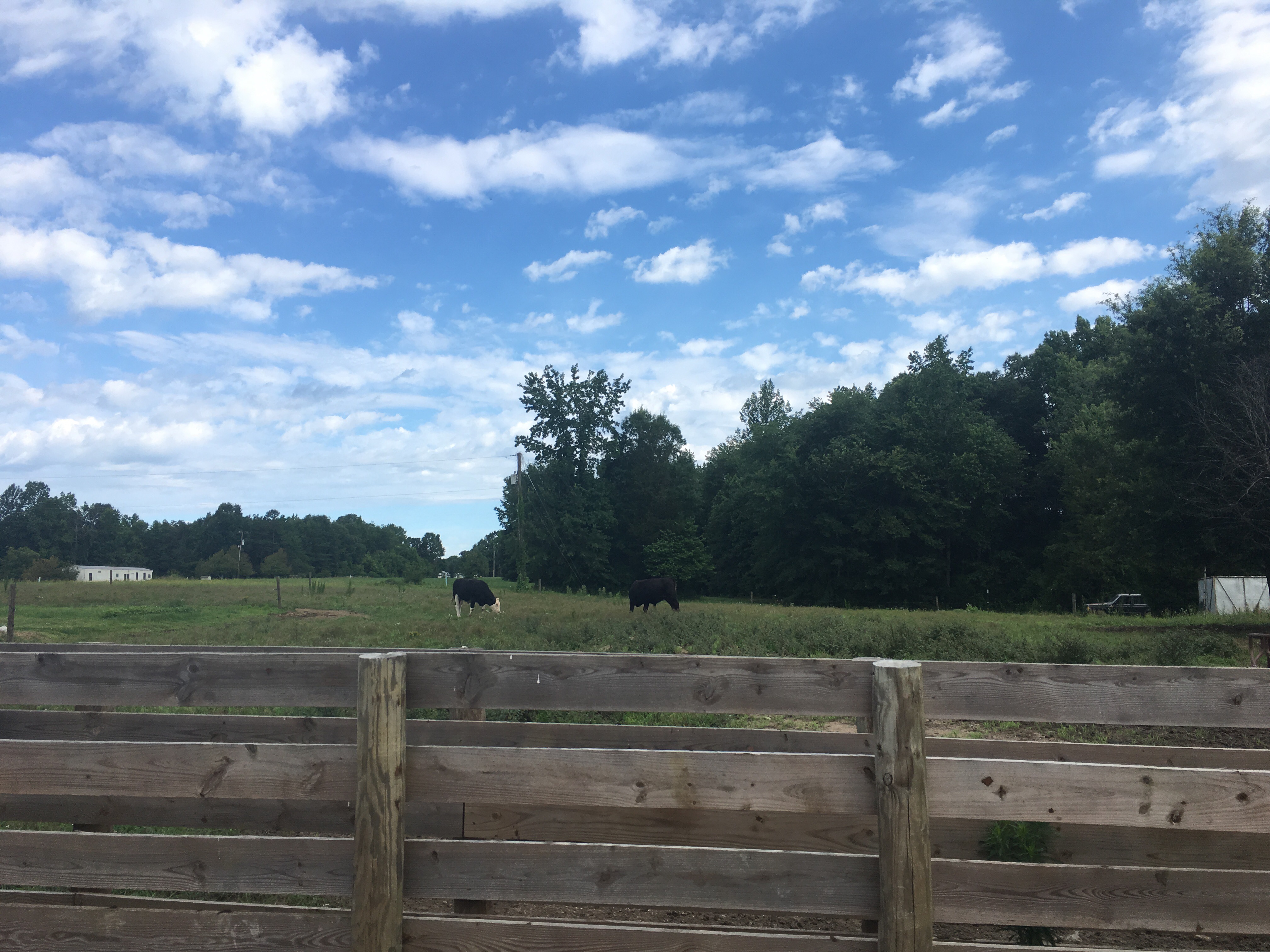
The second “type” was observed at the ACCA Barn here there were about 5 farmers that brought all their steers together that had been sold as a whole group to someone in Tennessee. All of these steers were about the same age, size and weight. Since they were selling in a larger group they got a little higher price per head. This method works great for smaller farmers with small groups of cattle ready at one time.
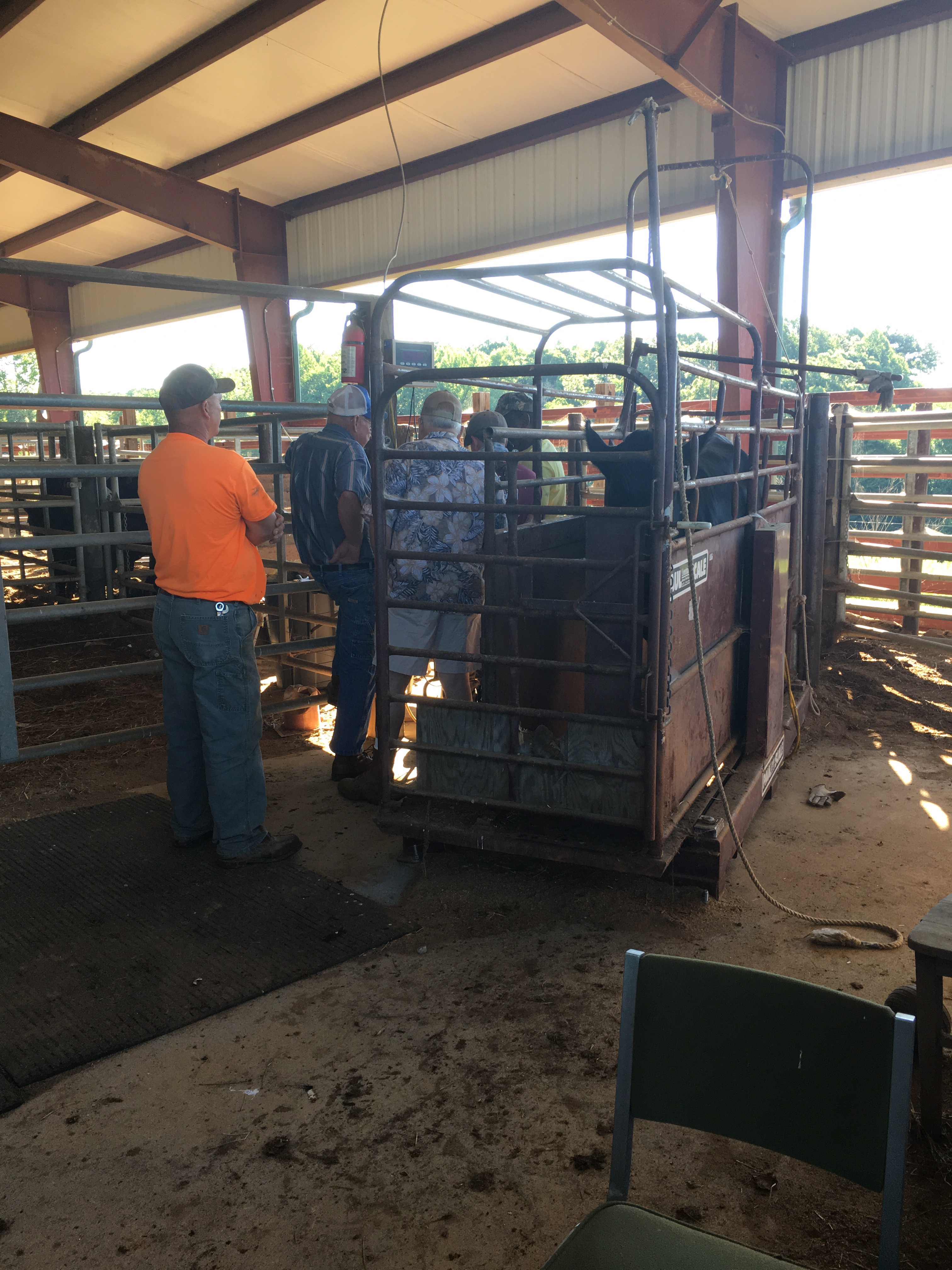
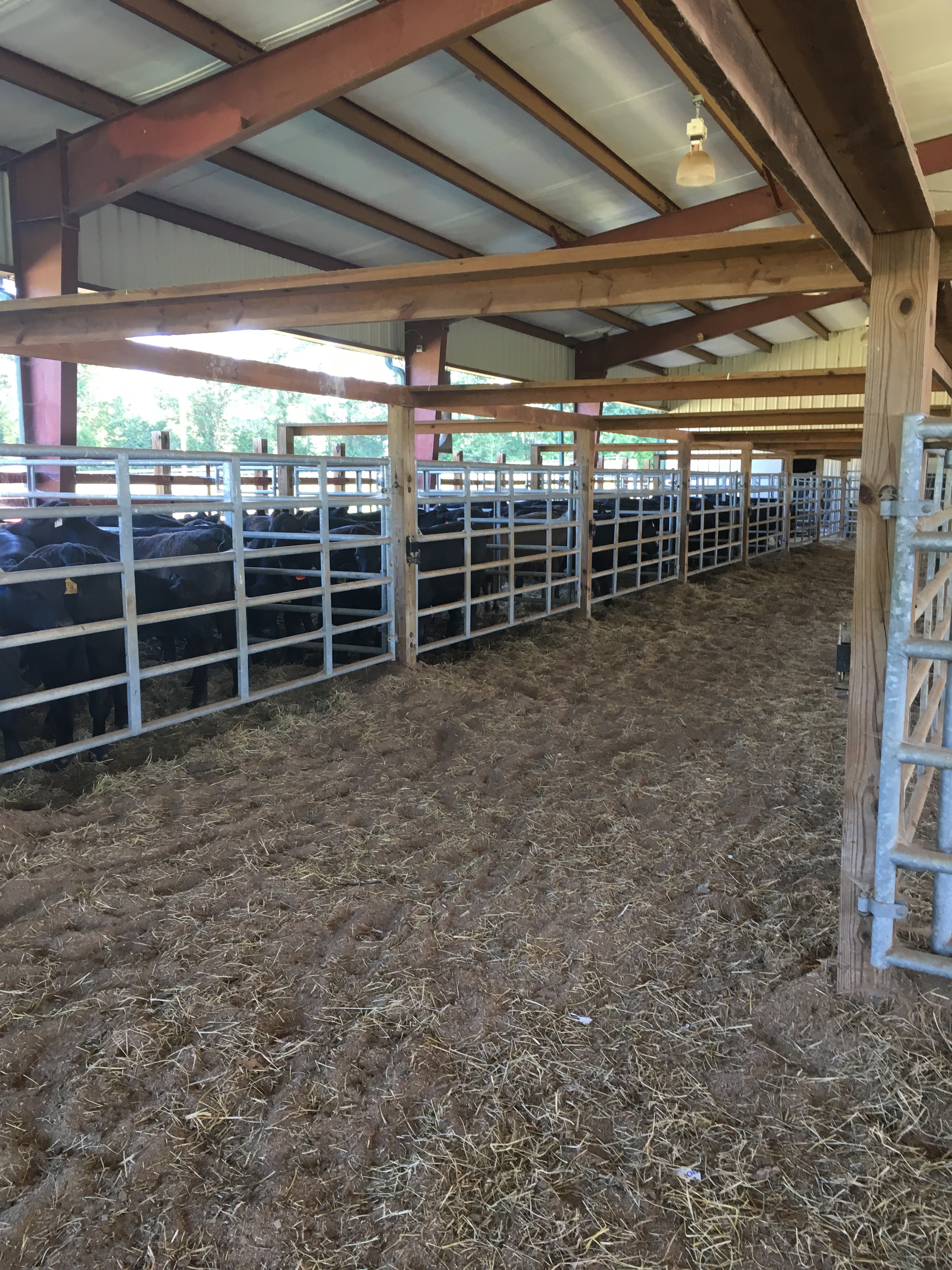
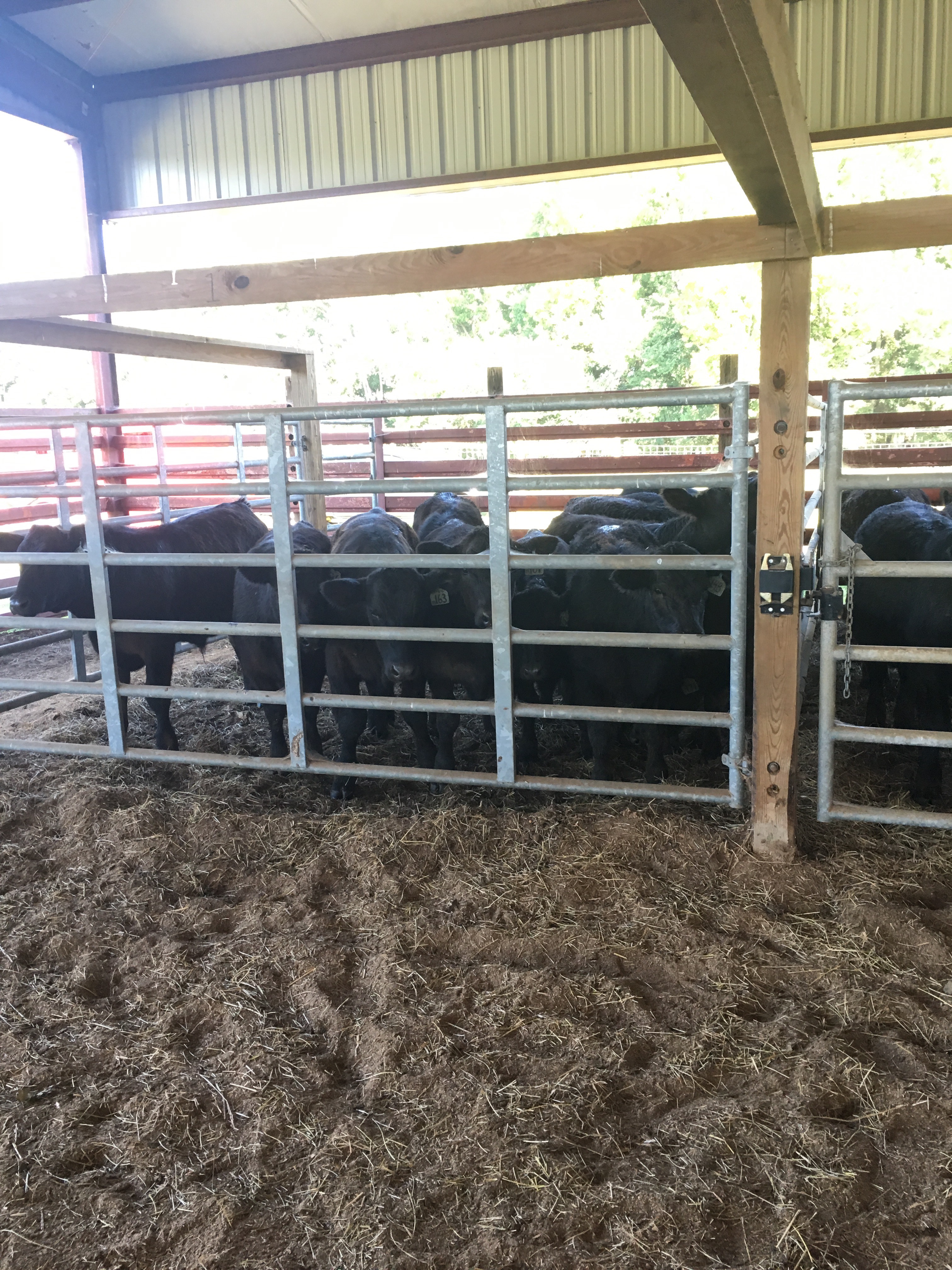
The third operation was at Eric McPhersons farm right across the street from the cattlemens barn. He raises broilers and beef cows. He has 2 chickens houses, it seems that dont require as much work as others I have seen in the past- no eggs to pick up every day. They do get checked on about 4 times a day but everything in the house from the heating, cooling, watering and feeding are all automated. He has about 100 head in the pasture we visited all about the same age and size that will be ready to sell in August. He has a spring and fall calving season so they are grouped by those two seasons. He also owns a MacTire in Snow Camp while farming.
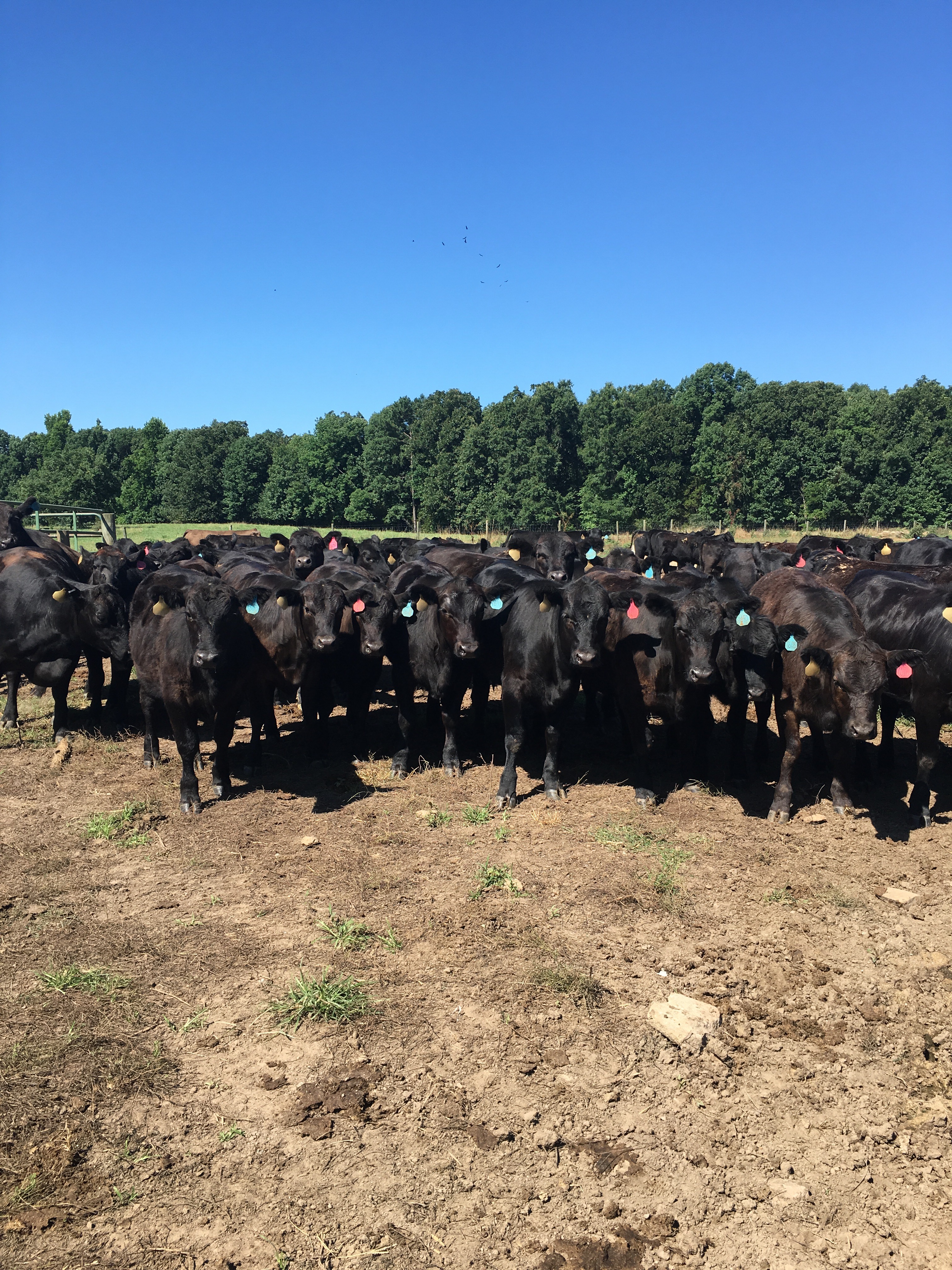
The fourth operation we visited was Henry Vines farm. He has chickens also but they lay eggs and are sent to be sold in grocery stores as EggsLands Best – Cage Free, Organic. This was a very interesting operations itself. They have 2 houses with about 9,000 chickens in each one. They are normally given the option to go outside on nice days to receive natural sunlight. As I have heard with all the other farms record keeping is an important task, lots of clipboards and binders about EVERYTHING that happens on the farm. Along with chickens the Vines have Purebred Angus cattle, this herd has been fully raised my Mr Vines himself. He got into the purebred angus business when he stopped planting tobacco. He started by buying some purebred cattle at shows, he said he got the 3 in 1 deal. He first bought a 5 year old cow, with calf by her side and she was pregnant, Id say that would a good deal! This beef operations also sells some beef to local people, sells the purebred cows, and continues raising more to restock the herd all using AI. Since these are purebred cattle they will sell for higher prices. The calves are started on feed as soon as they can eat to help them start growing, Vines motto was “feed now or feed me later” so in order to get those calves up to desired weight you just as well start them early. We meet his group of heifers that were about to calve in the next 2-3 months, he said its key not to over feed them because they dont need much feed, it will just feed the calf making in larger and causing a harder birth on the momma.
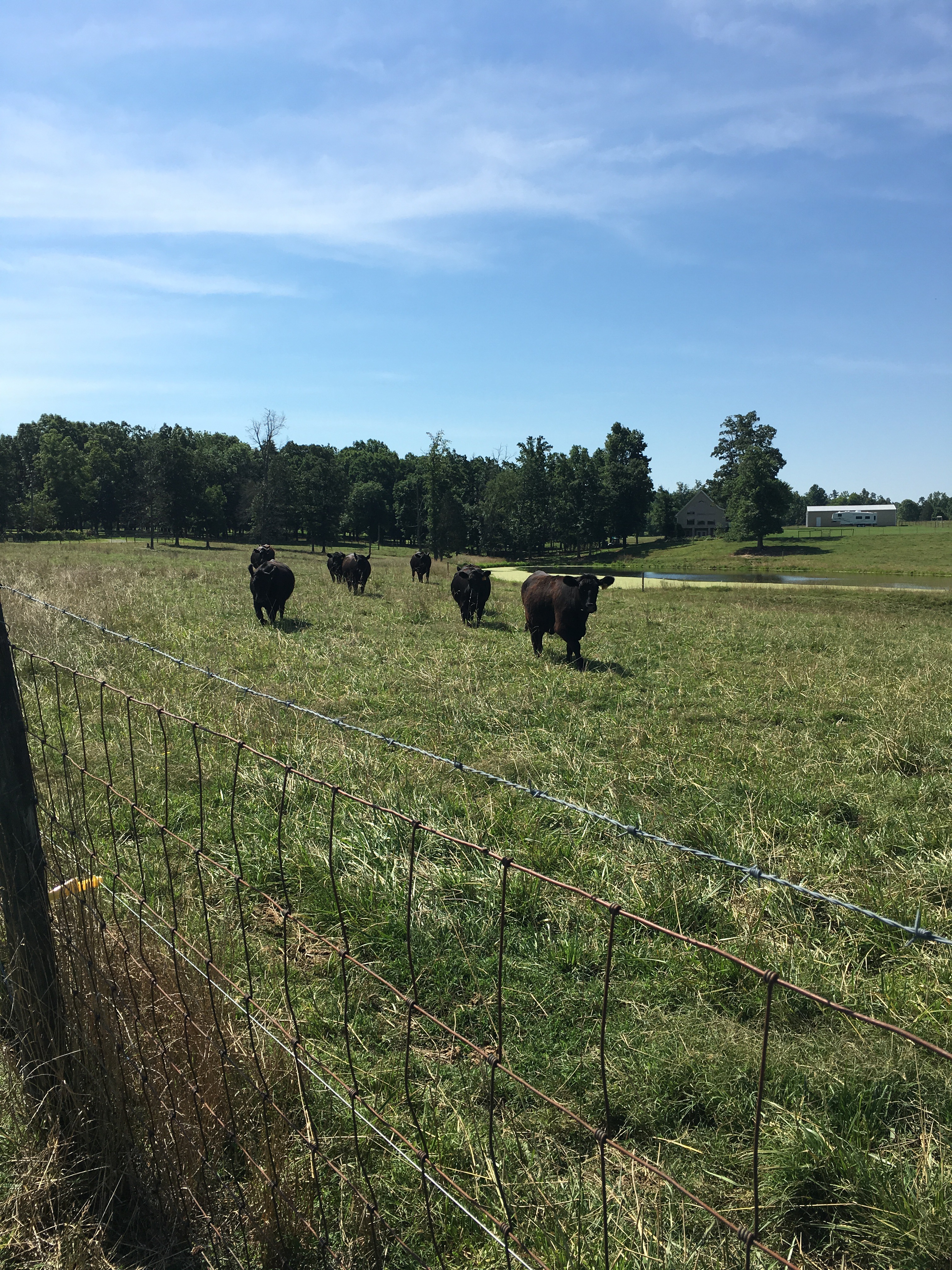
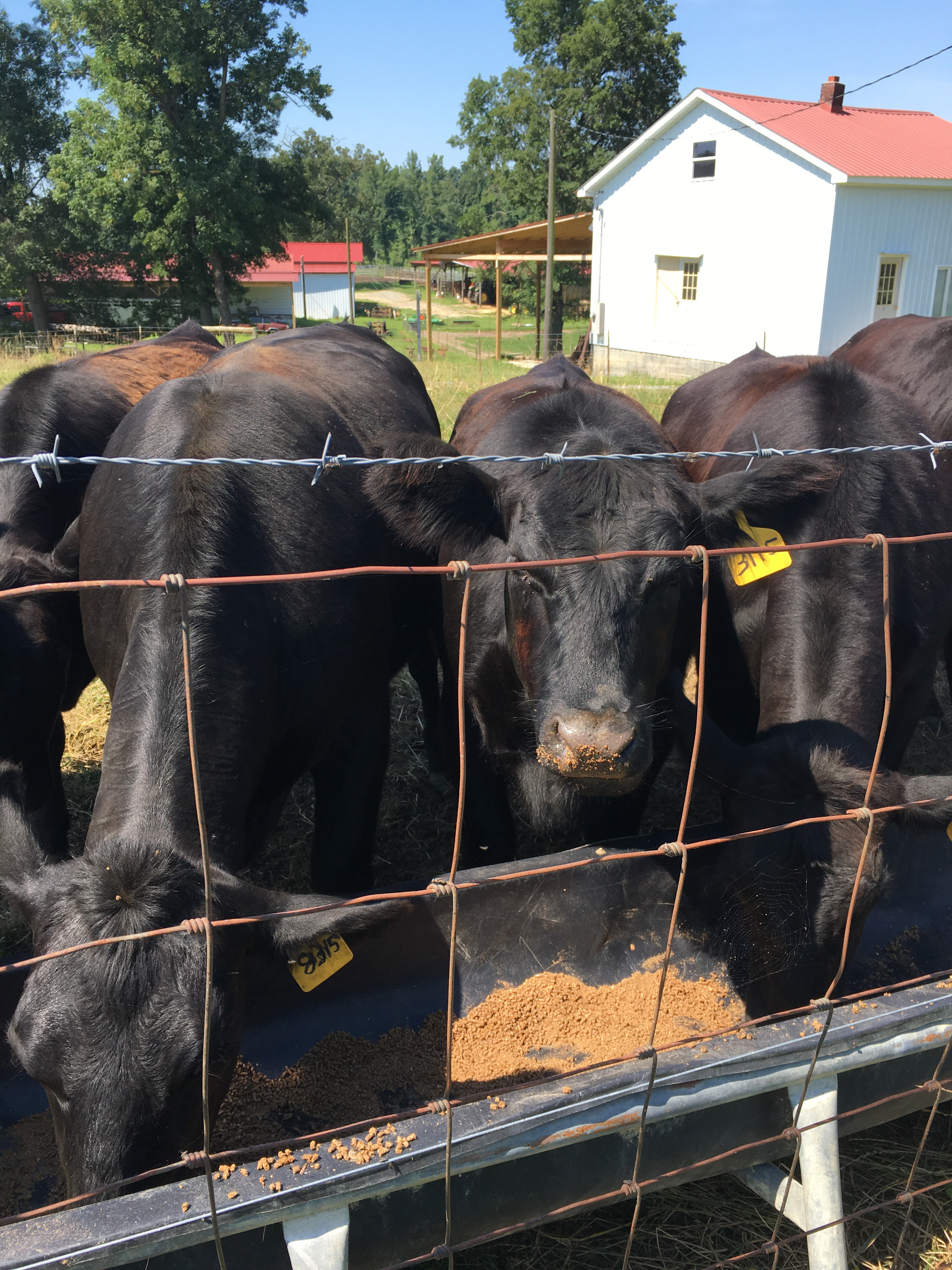
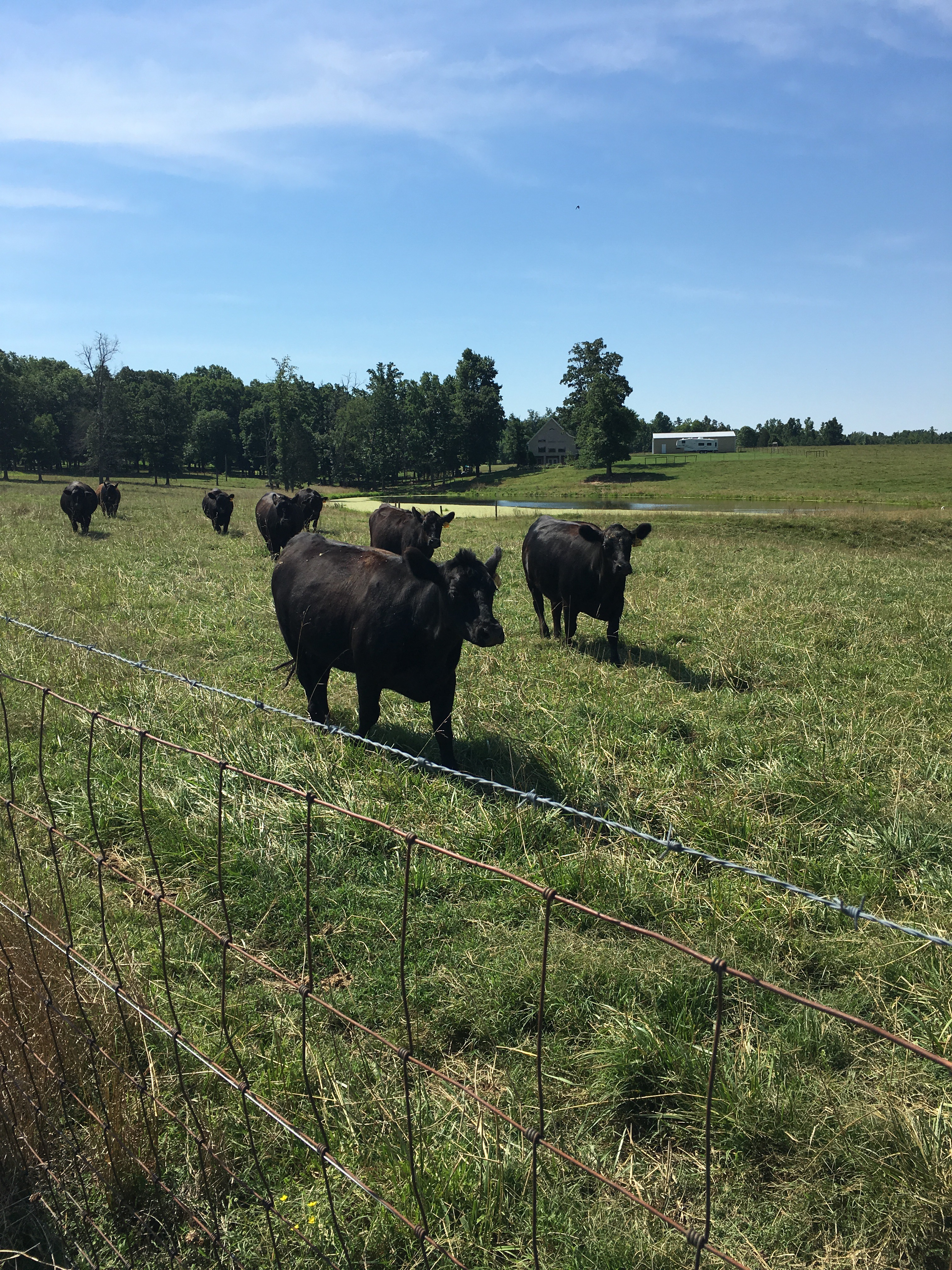
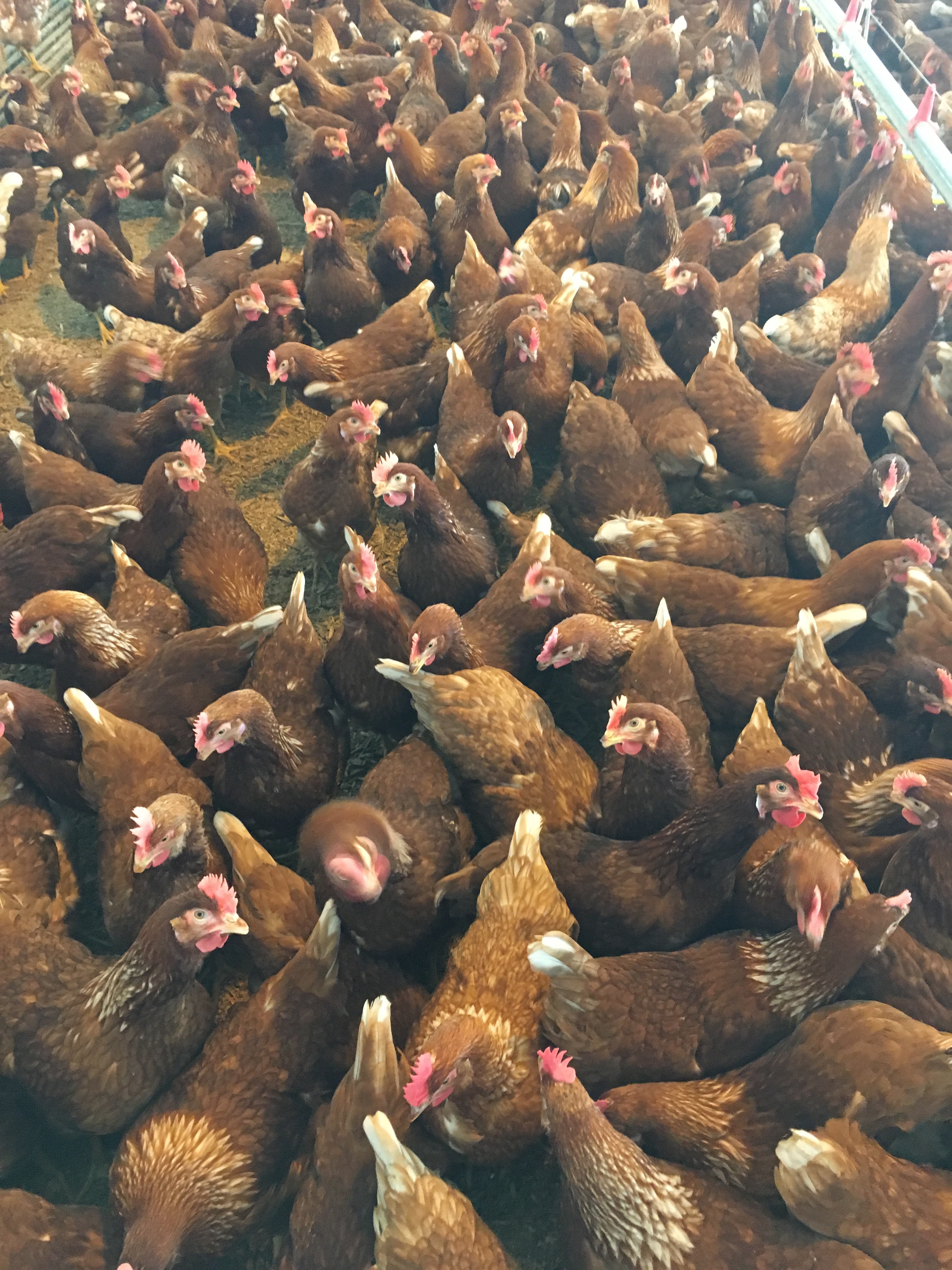
After all these farm visits and seeing lots of different ways to have beef cattle it sure does make me want some of my own and my husband would agree!









